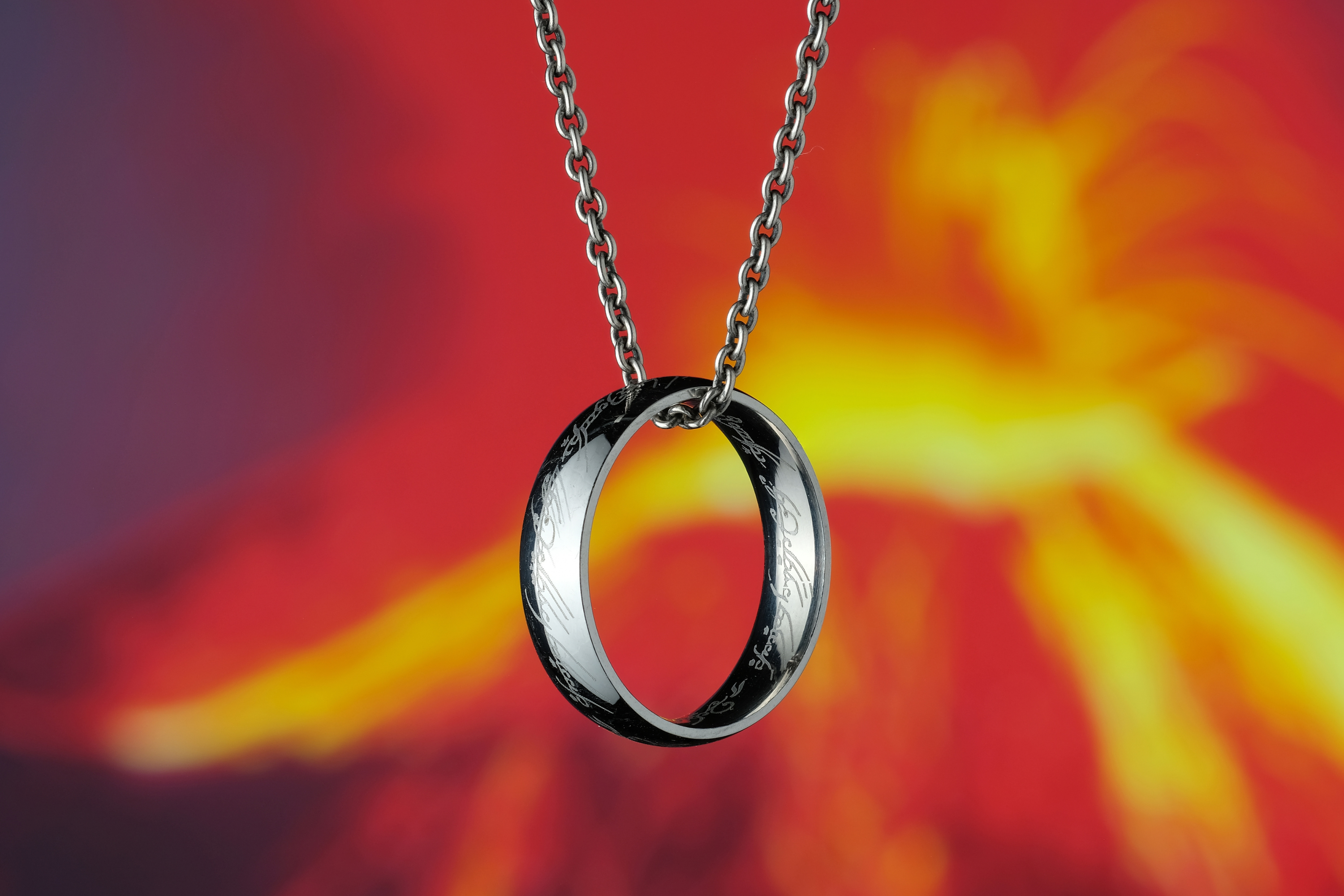To put it mildly, the relationship between the copyright owners of popular works of fiction and the creators of fanfiction has always been… complicated. Some copyright holders wholeheartedly support it. Others have denounced it, wanting to retain total control over their creations.
Further complicating matters is the fact that copyright law does actually protect people who create fanfiction. While obviously they cannot claim copyright to content derived from the original work, the ideas, characters, plot points and so on that spring from their own imaginations – as unique additional content – is copyrightable.
Perhaps this is why Demetrious Polychron, an author of several published novels of Lord of the Rings fanfiction, believed that he had a right to sue both Amazon Studios and the estate of J.R.R. Tolkien over Amazon’s The Rings of Power TV series, claiming that it had been created using his manuscript.
Polychron v. Bezos: The Backstory and the Claim
As mentioned above, Polychron published a number of LOTR fanfiction novels, intended as sequels to the original trilogy of books created by Tolkien. However, he did more than simply write and publish them.
In 2017, Polychron got one of his novels – The Fellowship of the King – registered with the U.S. copyright office, and wrote to Simon Tolkien (J.R.R. Tolkien’s grandson) seeking his support on Polychron’s sequel novels. When Mr. Tolkien did not respond, Polychron attempted to get a license from the Tolkien Trust to publish a seven-book sequel in 2019. Shortly after the Trust denied his license, Polychron delivered his manuscript to Mr. Tolkien’s residence in person.
There was no further interaction between parties until Lord of the Rings: The Rings of Power, an Amazon television series, was released, and Polychron filed a lawsuit against both Amazon and the Tolkien Estate.
A Motion to Dismiss Quickly Granted
Unsurprisingly, Amazon and the Tolkien Estate both filed motions to dismiss. Their reasoning: failure to state a claim. In other words: what enforceable legal claim was Mr. Polychron actually making?
It did not take long for the court to grant this motion to dismiss. The court quickly concluded that Polychron’s manuscript is not subject to copyright protection since it is an unauthorized derivative work. It utilizes characters lifted directly from Tolkien’s original works.
What about Polychron’s argument that the TV series was created using his manuscript?
As an unauthorized derivative work, his manuscript does not get that kind of protection. That being said, do not assume that this is merely a case of the little guy getting trampled by corporate behemoths.
Why? Because the court also held that Polychron was not able to show substantial similarities between his manuscripts and the TV series. Specifically, none of the new settings, plot points, or characters that he created for his manuscript actually appeared in the show.
Fanfiction IP Lessons
The lesson here may be two-fold:
- Just because you file a copyright application with the US Copyright Office does not mean you will receive a registration or legal protection – especially if it does not meet the requirements of that protection.
- If you are frustrated that the estate of your favorite author denied you their blessing, that does not equate to a copyright violation – you still have to provide specific evidence of how your intellectual property was used without your permission.
Does this mean that writers should stop creating fanfiction? Absolutely not. But you also should learn a bit more about how copyright law applies to fanfiction. In particular, authors of fanfiction should make sure they understand the gray areas of copyright law pertaining to fanfiction before they start filing lawsuits against the original authors.
